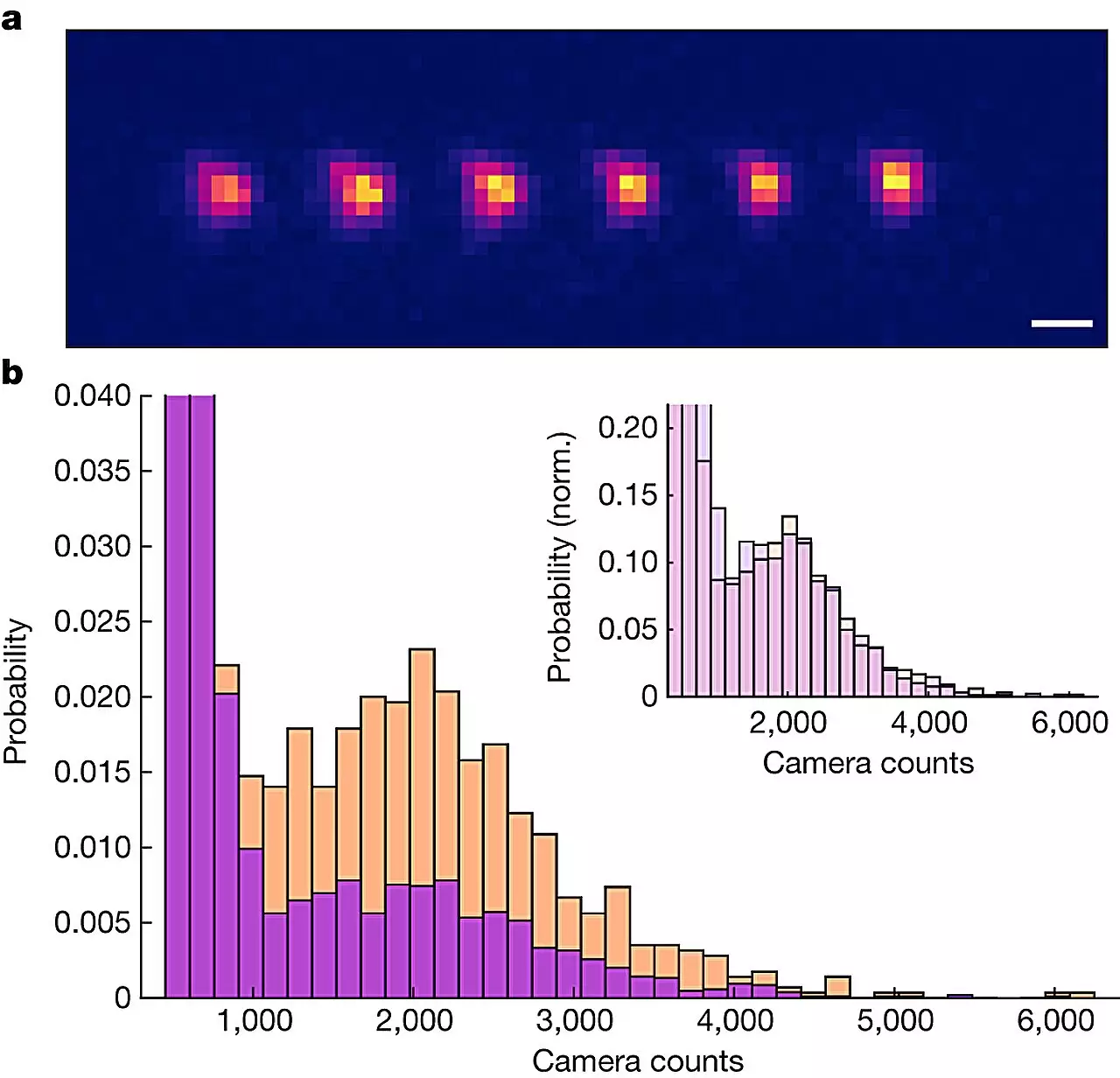Trapping individual polyatomic molecules has long been a challenge for physicists due to the complexities involved in controlling their energy states. While cooling atoms to very cold temperatures has allowed for significant advancements in technology, such as atomic clocks, extending this to molecules has proven to be difficult. With the added factors of rotation and vibration, trapping polyatomic molecules with more than two atoms has presented a formidable challenge for researchers.
Recently, a team of physicists at Harvard University made a major breakthrough by successfully trapping individual polyatomic molecules in optical tweezer arrays for the first time. In their study published in the journal Nature, the researchers detailed their innovative method of isolating and controlling one type of three-atom molecule, CaOH. By cooling the molecules to just below 100 microkelvin in a vacuum chamber, the team was able to manipulate them into a quantum ground state using optical tweezers. This groundbreaking achievement opens up new possibilities for polyatomic molecular research.
The researchers utilized optical tweezers, or laser arrays, to isolate and control individual molecules within the vacuum chamber. By separating the molecules using these tweezers, the team was able to focus on a single molecule and manipulate it into a desired quantum state. This precise control over the molecules allowed the researchers to study their vibration, rotation, and nuclear spin in detail. Additionally, the team developed a method to image the individual molecules without destroying them, providing crucial insights into the outcomes of their manipulations.
The successful trapping of polyatomic molecules has opened up new avenues for research in the field of molecular physics. The research team at Harvard University believes that their technique could be applied to other three-atom molecules, offering unprecedented opportunities for further exploration. By expanding the capabilities of controlling and studying polyatomic molecules, researchers hope to uncover new insights into quantum mechanics and potentially develop groundbreaking technologies in the future.


Leave a Reply